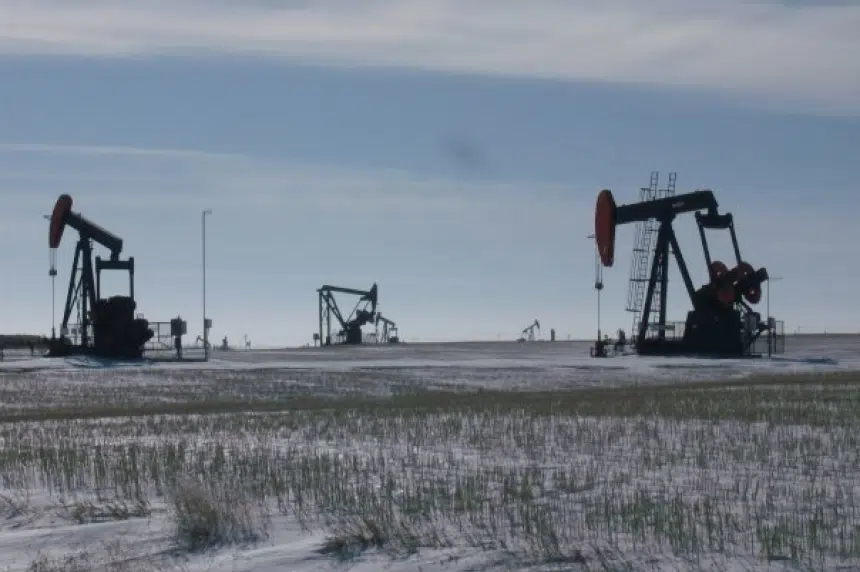Premier Brad Wall welcomed recent news of a key approval for the Keystone XL pipeline.
Nebraska’s Public Service Commission voted 3-2 Monday to allow the pipeline to cross the state, meaning the project has cleared the last major regulatory hurdle after years of delays.
Speaking Tuesday on Gormley, Wall said the decision is good news for Saskatchewan, as it creates another avenue for Western Canadian oil to move to world markets.
“It helps close the gap between the price we could have been getting, should be getting, and the price we get for our oil,” he said.
Wall explained that because Saskatchewan and Alberta oil have limited avenues to be exported out of Western Canada, producers have to take a lower price for it. He said that affects the money coming back for producers to re-invest in the industry potentially creating more jobs.
The price difference also affects the province’s bottom line when it comes to the royalties companies pay.
“In any given year during the last ten years — it’s less right now — the differential between what we’ve been getting and the price we could get for our oil has meant up to a couple hundred million dollars in the budget.” Wall said.
A portion of Keystone XL will cross Saskatchewan’s southwest corner, which Wall noted would create a few construction jobs. But overall, he said the biggest job gains would likely be seen south of the U.S. border, where the bulk of construction will take place.
On Tuesday, 980 CJME business analyst Paul Martin said oil companies will be happy with this recent victory.
“Finally an affirmative nod after kind of a tough go in Canada where we had a few of them we looked at,” he said.
“Trans Mountain got approved, but obviously still has some hills to climb and then Energy East being next, so yeah, the industry’s probably smiling on this one.”
Martin explained that restricted market access has affected prices for the landlocked oil industry in both Alberta and Saskatchewan.
“This is a signal that if this thing ever gets completed and is working, it will be one more avenue to get western Canadian oil to market and that will probably wind up in price rises,” he said.
While Keystone XL will technically only carry Alberta oil to the Gulf Coast, Martin points out that it will take the pressure off the limited access to ship oil out of Saskatchewan.
“If you look at Western Canada as a basin of oil production, wherever some of it is going out, that means there’s room for other stuff somewhere else. So we may not be directly plugged into this one, but indirectly it will benefit us.”
Jobs are expected to be created in Alberta and Saskatchewan during construction of the pipeline.











